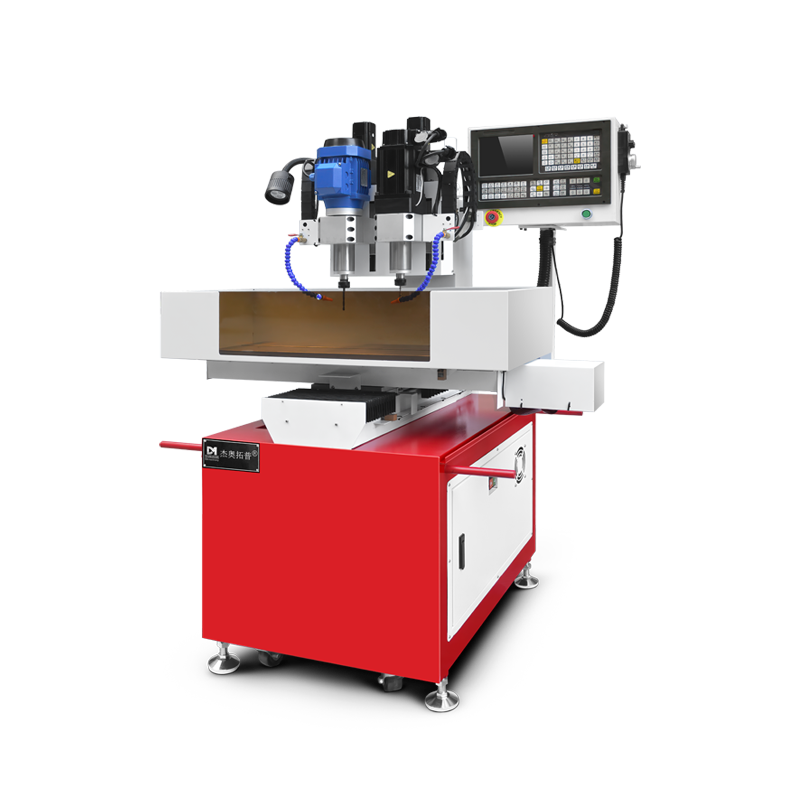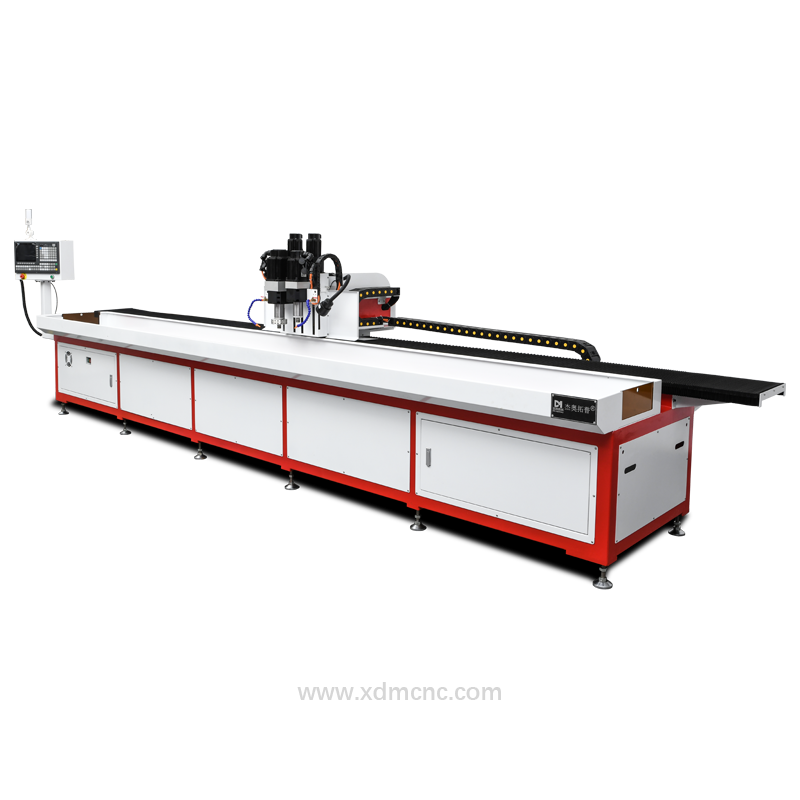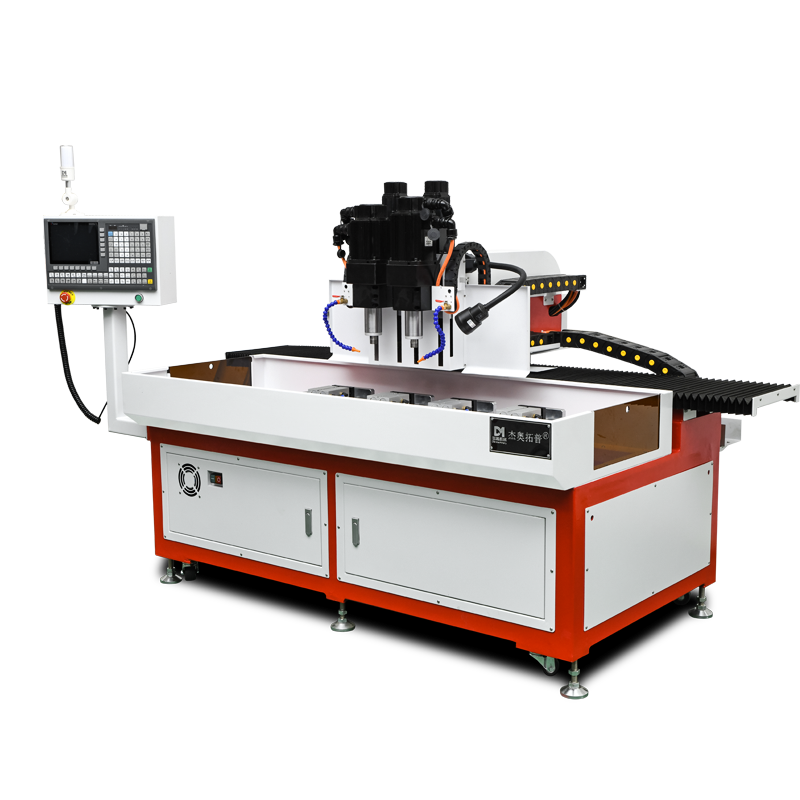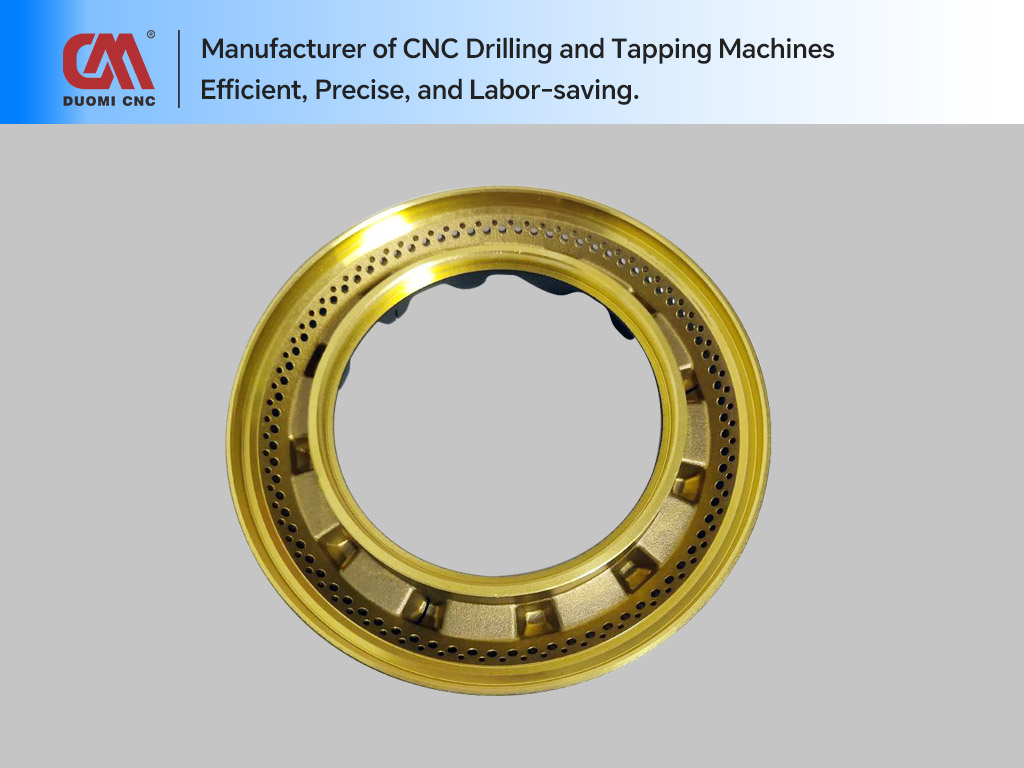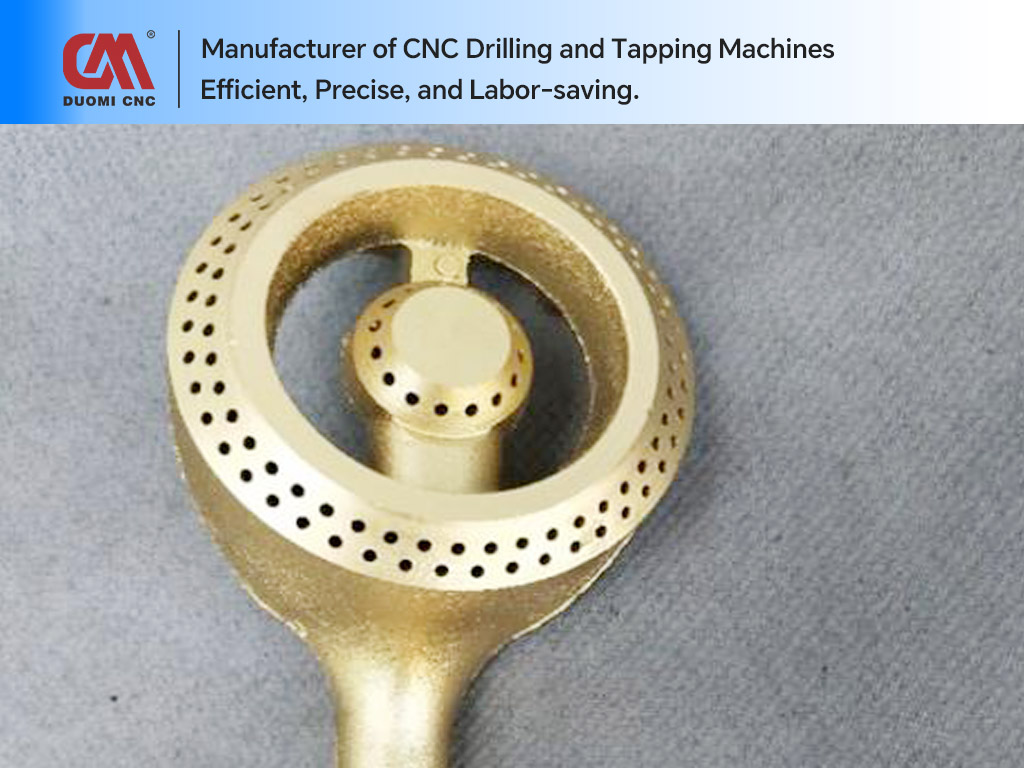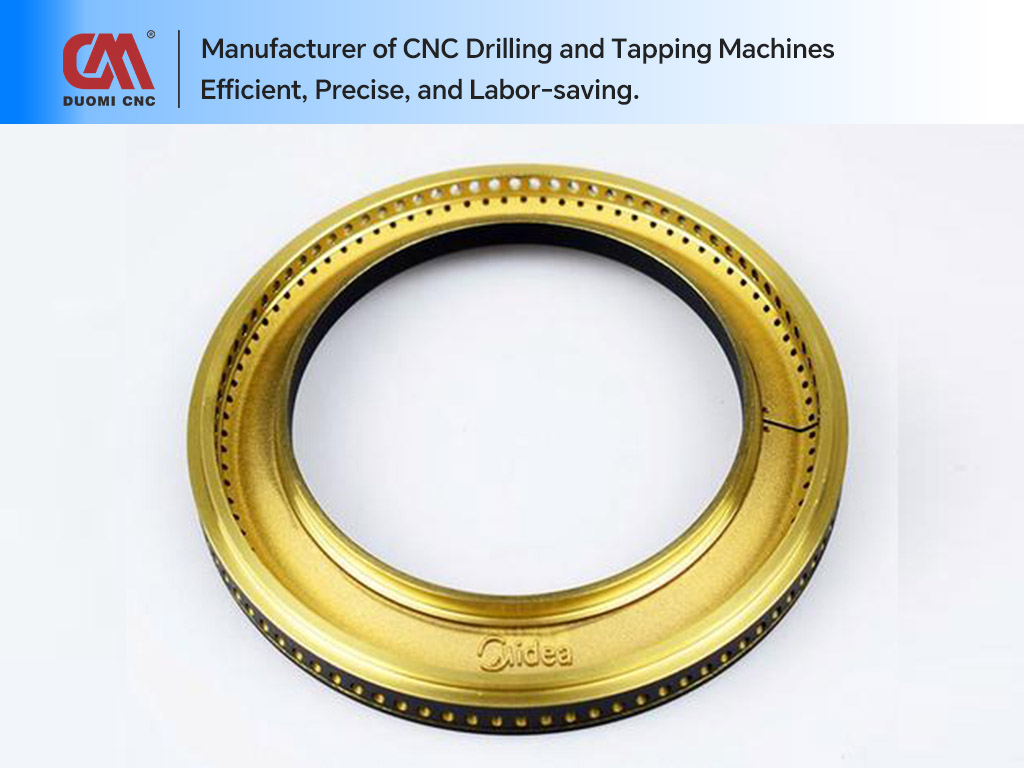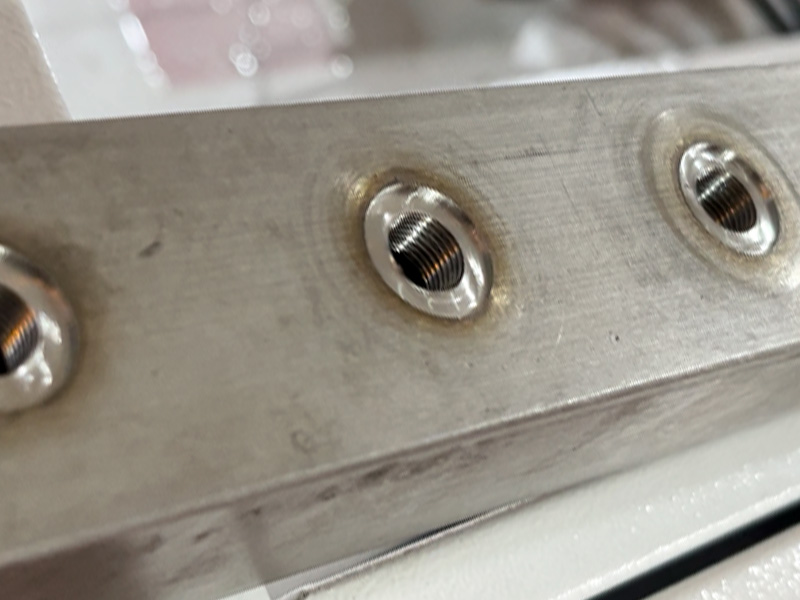In the modern manufacturing landscape, the demand for high-precision, high-efficiency, and cost-effective solutions is greater than ever. Particularly in industries such as furniture, display racks, and fitness equipment, the use of square steel tubes is widespread due to their structural advantages and aesthetic appeal. However, the traditional manufacturing processes involving drilling, tapping, and milling of square tubes are often fragmented, labor-intensive, and inconsistent. This paper presents a comprehensive industry solution centered around an integrated drilling and forming system tailored for square tube applications in these sectors.
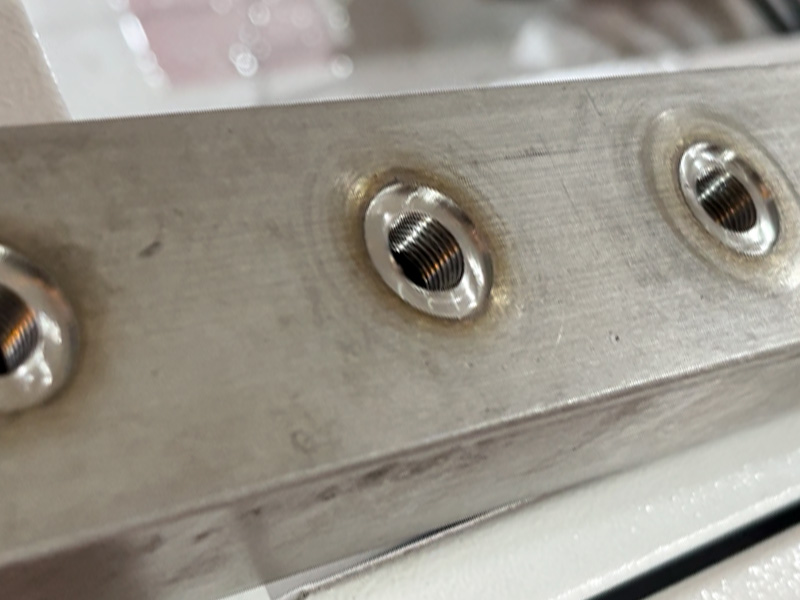
1. Industry Overview
1.1 The Role of Square Tubes
Square steel tubes are commonly used as structural elements in furniture frames, retail display systems, and gym equipment. Their geometric uniformity and load-bearing capacity make them ideal for both functional and decorative purposes.
1.2 Common Challenges
Despite their advantages, square tube processing poses several challenges:
Inconsistent drilling accuracy
Manual tool changes increase downtime
Poor thread quality during tapping
High labor and operational costs
2. Market Demand for Integrated Solutions
2.1 Automation Trends
As automation becomes a defining trend in manufacturing, there is increasing interest in all-in-one machines that can handle multiple processes in a single setup. Manufacturers are seeking ways to reduce floor space usage, operator involvement, and production cycle times.
2.2 Industry Requirements
Key requirements from manufacturers in these industries include:
High repeatability and precision
Integration of drilling, tapping, and milling functions
Easy programming and operation
Compatibility with various tube sizes and thicknesses
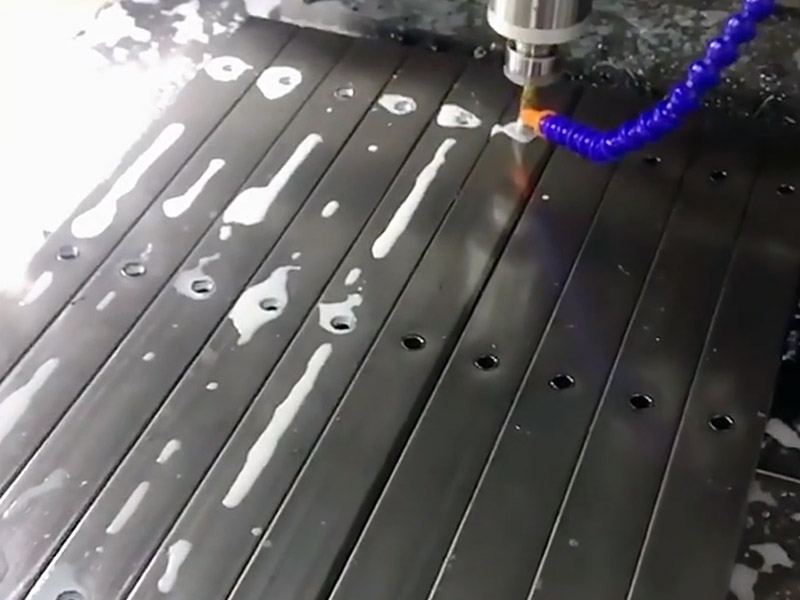
3. The Integrated Drilling and Forming Solution
3.1 Overview of the System
The integrated solution combines CNC technology with thermal drilling and automatic tapping into a single platform. The system is designed to perform drilling, tapping, and milling operations without manual intervention or repositioning of the workpiece.
3.2 Key Components
Thermal Drilling Unit: Generates holes by heat and pressure, eliminating the need for pre-drilling.
Automatic Tapping Head: Synchronizes with the drill for precise threading.
Tool Magazine: Supports rapid automatic tool change.
CNC Controller: Enables intuitive programming and control.
3.3 Workflow Process
Loading of square tubes onto fixture
CNC system initiates drilling cycle using thermal drilling unit
Automatic tool change to tapping or milling head
Completion of all required machining operations in one setup
4. Advantages of the Integrated System
4.1 Improved Efficiency
Combining multiple operations into one machine reduces processing time and increases throughput.
4.2 Enhanced Precision
CNC control ensures consistent hole placement, depth, and thread quality across large batches.
4.3 Labor and Cost Savings
Automation minimizes human error and labor dependency, leading to lower operational costs.
4.4 Compact Footprint
One integrated system occupies less space than multiple standalone machines.
4.5 Versatility
Capable of handling square tubes of various dimensions, suitable for diverse production lines.
5. Case Studies
5.1 Furniture Manufacturing
A furniture company implemented the integrated system to produce modular steel furniture. Result: 35% reduction in cycle time and 20% increase in daily output.
5.2 Display Rack Production
Retail fixture manufacturers improved drilling alignment and thread integrity, reducing rejection rates by 40%.
5.3 Fitness Equipment Fabrication
Gym equipment producers adopted the system to ensure strength and symmetry in equipment frames. Enhanced durability and customer satisfaction were noted.
6. Return on Investment (ROI)
6.1 Cost Analysis
While the initial investment is higher than traditional machines, ROI is achieved within 12–18 months due to:
Decreased labor costs
Reduced material waste
Faster production
6.2 Long-Term Benefits
Scalable operations
Lower maintenance costs
Higher market competitiveness
7. Implementation Considerations
7.1 Facility Readiness
Evaluation of existing infrastructure is essential before installation.
7.2 Staff Training
Operators must be trained on CNC control, maintenance, and safety protocols.
7.3 Integration with ERP/MES
Optional integration allows for real-time data tracking and production planning.
8. Future Outlook
8.1 Smart Manufacturing
Future iterations may incorporate AI for predictive maintenance, real-time diagnostics, and adaptive machining.
8.2 Sustainable Practices
Thermal drilling eliminates metal chips and coolant usage, contributing to greener production.
Conclusion
The integrated square tube drilling and forming solution offers a transformative approach for the furniture, display rack, and fitness equipment industries. It addresses long-standing challenges with a high-precision, cost-efficient, and space-saving system. As industries continue to evolve, adopting such advanced systems will be critical for maintaining productivity, quality, and competitiveness in the global market.




